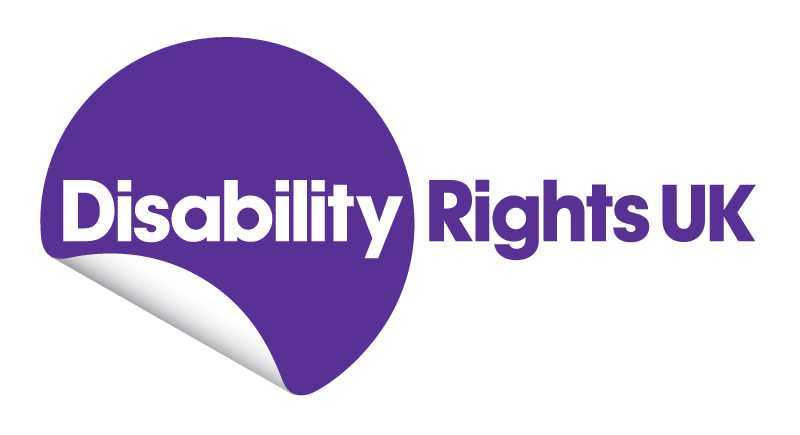Co-production Week
What is co-production?
Co-production is about working together. People with lived experience of using a service working with the service providers to reach a shared outcome.
Why is co-production so important?
Who best to advise on services than people that actually use the service. They have first-hand experience and can provide insights that nobody else can!
How does it work?
Co-production works with people that are affected by a service to be part of the conception, design, steering and management of services. It’s important that there is a shared power between all those involved to achieve a joint understanding. Quite often support training, mentoring and information is provided throughout the co-production exercise to ensure everybody is on an equal footing.
How much time do you need for co-production?
This really depends on the project. However, in most circumstances there is quite a significant time commitment from all parties involved. Some projects will pay or renumerate the people with lived experience that are involved for their time.
Why are the benefits of co-production?
• Valuable insights from those that are affected by the service
• Builds confidence and skills in those that are involved
• Provides a great environment for professionals and people with lived experience to learn from each other
How do Surrey Coalition of Disabled People get involved with co-production?
We work with Surrey County Council and NHS providers in Surrey to coproduce services. A recent example of co-production is the development of the Physical Disability and Sensory Impairment strategy for Surrey.
The Process
The Surrey County Council Commissioner met with Disabled People and their Carers to ask what they wanted to include in the Physical Disability and Sensory Impairment Strategy. The Commissioner attended work shops where she worked with Disabled People and their carers to structure the strategy.
The Commissioner drafted the strategy from the conversations and sent this to those involved to make amendments. The Commissioner also developed an action plan which was approved by Disabled people involved with developing the strategy.
A Physical Disability and Sensory Impairment steering group was set up to monitor the process of agreeing the strategy. The steering group involved staff from The Coalition and members and was jointly chaired by a Coalition Member and an Adult social Care Director.
The steering group agreed to set up a Disability Partnership Board to monitor both the strategy and the action plan and is jointly chaired by a member of The Coalition and an Adult Social Care Director. The Partnership Board brings together organisations and commissioned services, such as SCC NHS, Surrey Police and Surrey Fire and Rescue Service together with representatives from the special interest groups.
Co-production enables people to work together to ‘design, implement and improve the delivery of services in order to innovate and transform public services’. This was demonstrated in the positive feedback we received from those involved in the first Disability Partnership Board meeting held in June. ‘Thanks for having such a good start this morning, all the issues done at a comfortable jog and a prompt finish. Positive vibes from all attendees really made my day’.
Contact Information
Address
Surrey Coalition of Disabled People
Astolat, Coniers Way
Burpham, GU4 7HL

